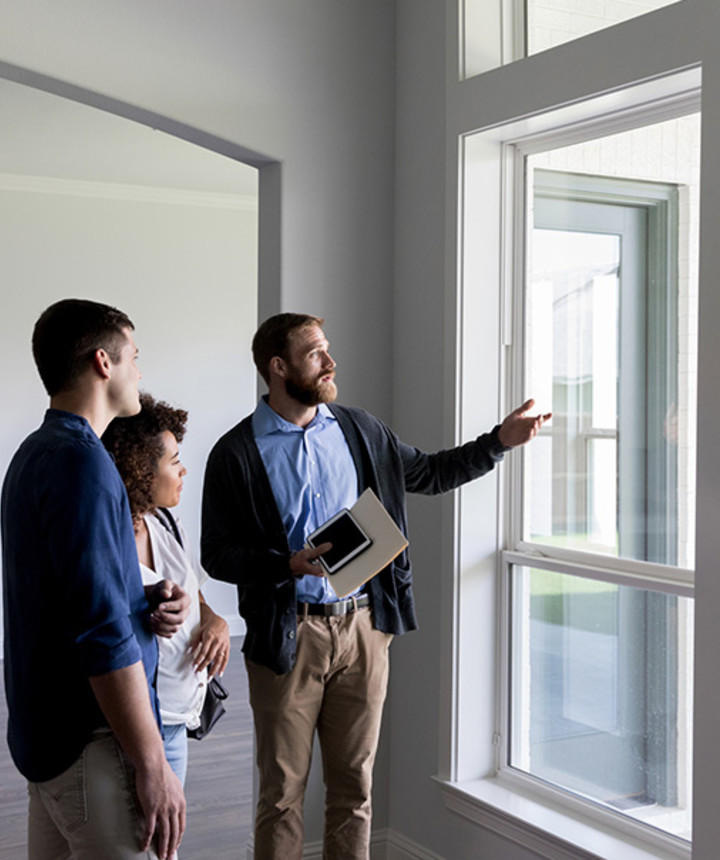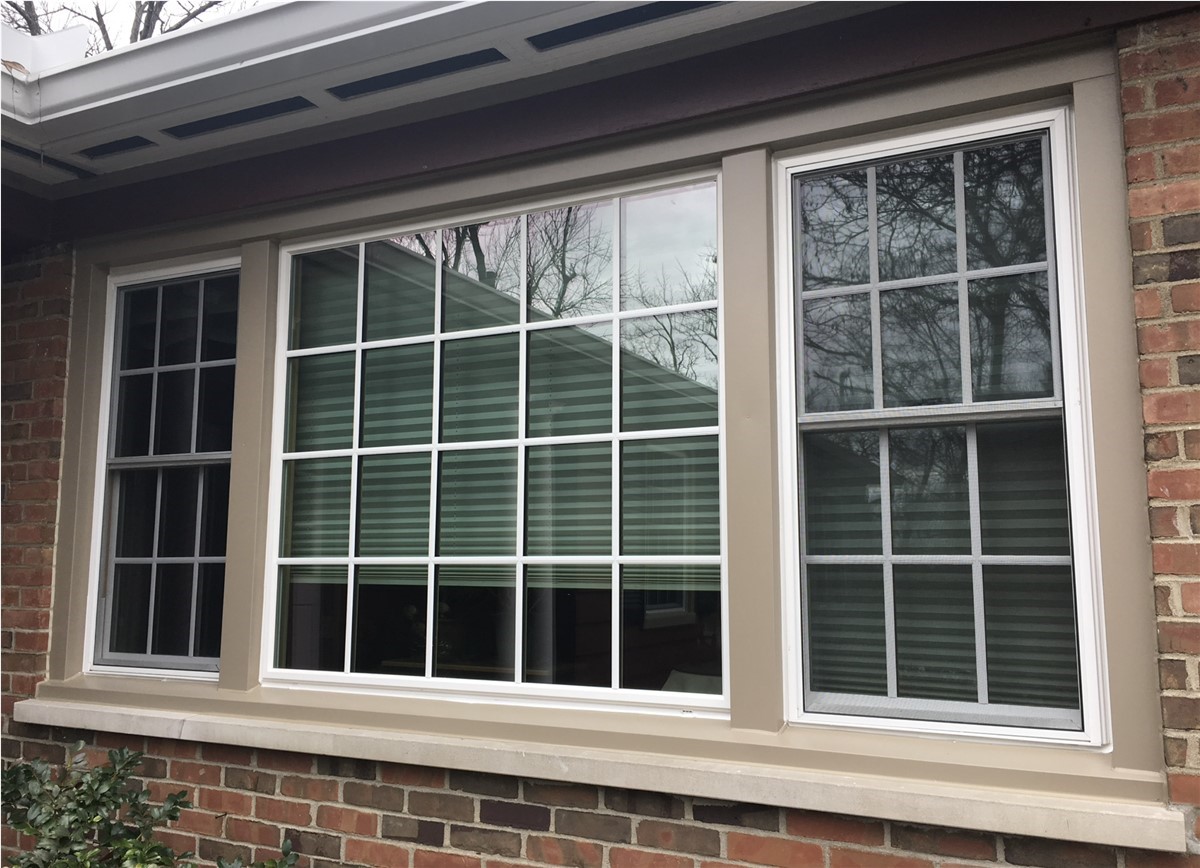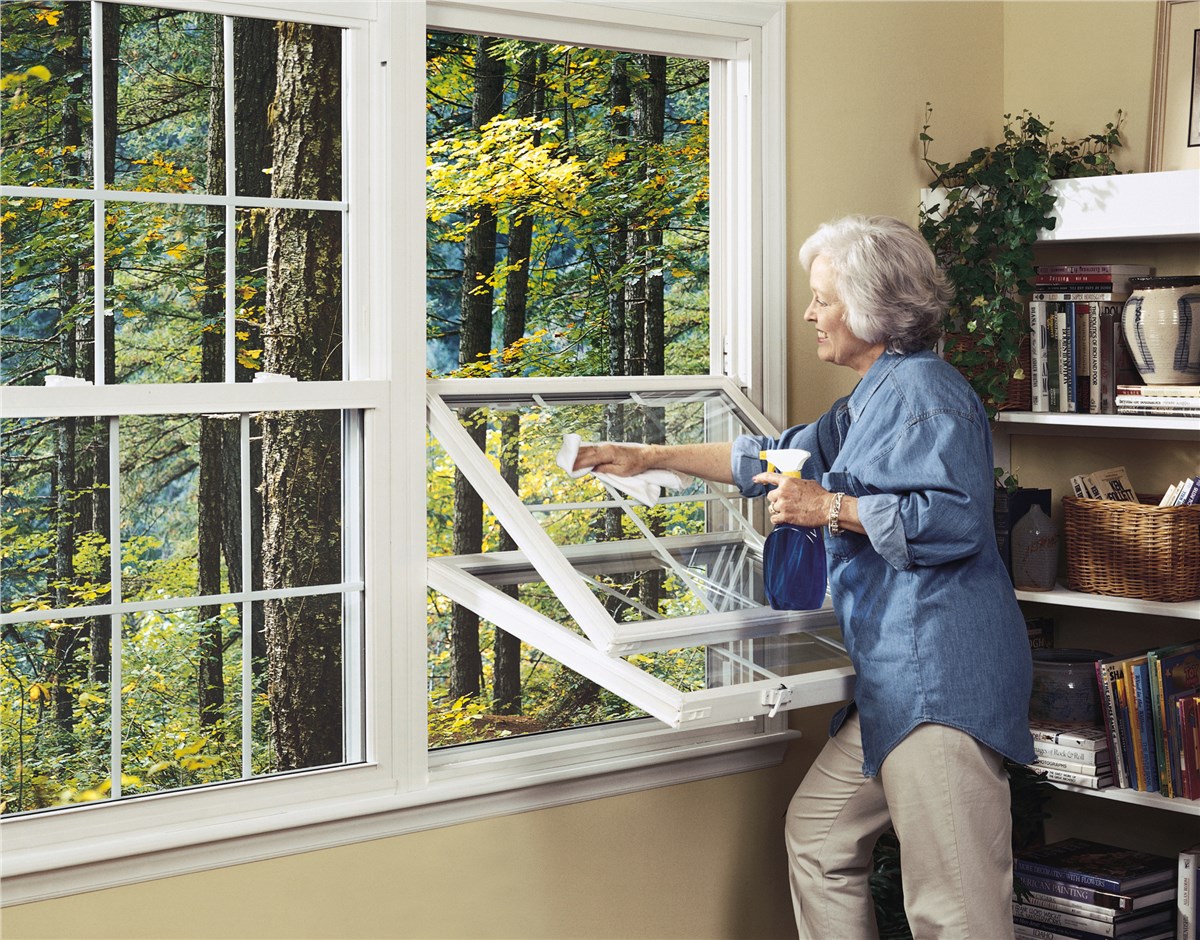Upgrade Your Home With Energy-Efficient Window Substitutes
In the realm of home improvement, the decision to update to energy-efficient home window substitutes can dramatically influence both the capability and looks of a house. Past the surface area level of simple looks, energy-efficient windows provide a wide variety of advantages that go past plain curb charm.
Advantages of Energy-Efficient Windows

The installment of energy-efficient windows provides substantial savings on energy expenses while enhancing environmental sustainability. Additionally, energy-efficient home windows can aid manage dampness degrees within the home, lowering the danger of mold and mildew development.
Beyond the economic advantages, energy-efficient windows add to ecological sustainability by lowering carbon emissions connected with energy production. By lowering energy usage, these windows assist minimize the environmental impact of home heating, lighting, and cooling household rooms. This decrease in energy consumption plays a crucial duty in combating environment modification and promoting a greener future for generations to come. Generally, investing in energy-efficient home windows not just enhances the convenience and performance of a home yet also aligns with ecologically conscious methods.
Sorts Of Energy-Efficient Glass
Different innovative types of energy-efficient glass deal unique residential or commercial properties that deal with various demands and preferences in improving the sustainability and efficiency of buildings. Low-emissivity (Low-E) glass is a preferred choice designed to lessen the quantity of ultraviolet and infrared light that can travel through the glass, therefore reducing warm transfer. This sort of glass helps keep a consistent indoor temperature, minimizing the need for home heating or cooling systems, and eventually reducing power expenses. Another ingenious choice is spectrally discerning glass, which enables noticeable light to go through while blocking specific kinds of infrared radiation. This aids in keeping a comfortable interior environment while decreasing heat gain. Triple-pane glass, including 3 layers of glass with protecting gas in between them, offers boosted thermal insulation, making it highly energy-efficient. In addition, self-cleaning glass with an unique finish that breaks down and loosens dust when exposed to sunshine can minimize maintenance requirements and maintain windows looking tidy. Each kind of energy-efficient glass provides distinctive advantages, enabling home owners to choose the most suitable alternative based upon their particular needs and goals.
Elements to Think About When Picking
When contemplating energy-efficient home window replacements, it is critical to carefully evaluate specific factors that line up with your sustainability purposes and preferred energy savings. The U-factor measures how well the window insulates, with lower numbers showing much better insulation, while the SHGC suggests the window's capability to obstruct heat from sunshine. By carefully evaluating these aspects, you can select energy-efficient windows that improve power window switch repair cost convenience, reduce energy expenses, and profit the setting.
Installation and Maintenance Tips

Regular upkeep is essential to maintaining the performance of your energy-efficient home windows. Examine the weather-stripping and seals for any spaces or splits and change them if required to keep the home windows' energy efficiency. Spring window replacement.
Furthermore, oil relocating parts such as locks and joints to make sure smooth operation. By complying with these installation and maintenance ideas, you can boost the energy performance of your home and lengthen the life expectancy of your energy-efficient home windows.
Cost-Benefit Analysis of Updating

Energy-efficient windows are developed to decrease warm transfer, minimizing the requirement for home heating and cooling systems to burn the midnight oil. This can cause significant savings on energy expenses, especially in regions with extreme temperature levels. Additionally, energy-efficient windows can improve the overall worth of your home, making it extra eye-catching to prospective customers if you decide to sell in the future.
When computing the cost-benefit analysis, consider the prospective cost savings on energy costs, any available rewards or discounts, and the life expectancy of the home windows. While the preliminary price might be greater, the lasting cost savings and benefits of energy-efficient home windows make them visit a smart financial investment for home owners wanting to improve their residential or commercial property's energy efficiency and worth.

Verdict
In verdict, upgrading to energy-efficient window replacements provides many advantages such as minimized energy intake, increased convenience, and cost financial savings. By choosing the ideal kind of energy-efficient glass and considering variables like frame product and setup, homeowners can make the most of the performance of their home windows.
When contemplating energy-efficient window replacements, it is crucial to very carefully evaluate particular elements that line up with your sustainability purposes and wanted power financial savings. The U-factor measures just how well the window shields, with reduced numbers showing far better insulation, while the SHGC shows the home window's ability to block heat from sunlight. By thoroughly reviewing these variables, you can pick energy-efficient home windows that boost comfort, lower power expenses, and benefit the setting.
While energy-efficient home windows may have a greater upfront cost compared to conventional windows, the long-lasting benefits often exceed the first financial investment.In final thought, upgrading to energy-efficient window replacements supplies numerous benefits such as reduced power intake, boosted comfort, and price savings.